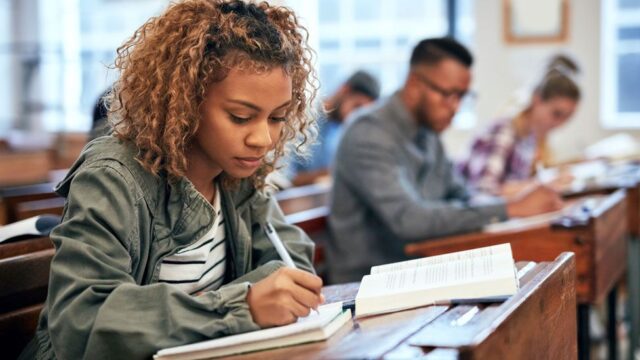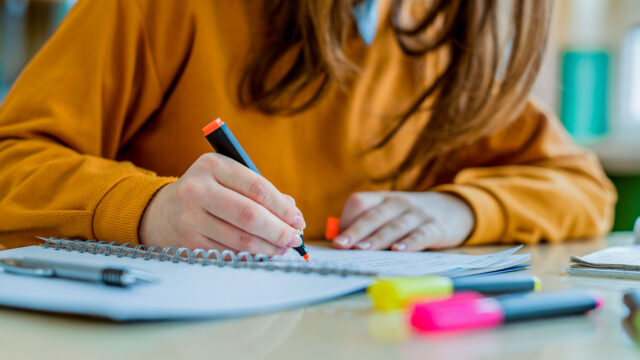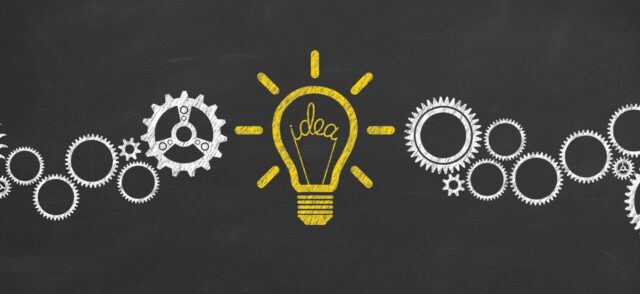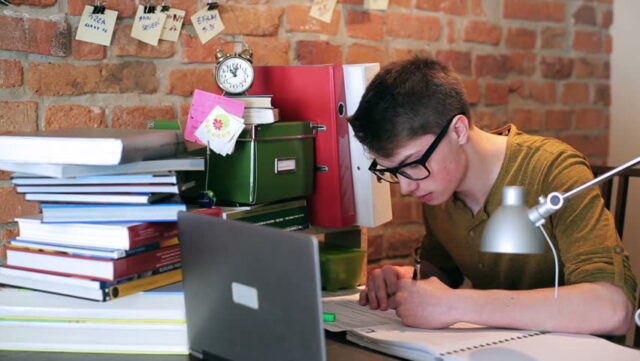
Many challenges arise in university life, but one of the greatest is undoubtedly studying with critical awareness and being able to reach the maximum level of knowledge about different disciplines.
Learning the various contents taught at the university is not easy. You have to spend many hours reading and studying through different analysis and research techniques, as well as studying online, according to StudyMind.
There is no single recipe to study effectively. The key is to find a proper technique and stay motivated at all times. To achieve this, we share with you some of the best study techniques so you can get the best grades.
There are also various products and reviews such as one about genbrain, which can, according to Dr. John, boost your brainpower.
We intend to share some more information on how your brain works, to make it easier for you to learn faster and with less effort. Take full advantage of your potential in learning situations!
1Plan effectively

Many people underestimate the importance of thoughtful planning. The most important strategy to learn anything more quickly and efficiently is this initial stage: Planning. If you can organize the work well, and set priorities, you will achieve higher performance and a better ability to solve problems.
It is normal that at first, it may cost you a little more to plan appropriately, but do not despair, this cognitive ability is improved by practicing.
How can I learn anything faster?
1º- Collect all the necessary information, research, and prepare all the materials that you think you are going to have to use. You should perform this task before getting down to work.
2º- A written test is not the same as a test: Set your goals.
3º- Brainstorm. Find different paths that can take you to your goal.
4º- Take into account the number of hours you have, the deadlines, possible setbacks, the type of material, and prepare a study plan.
5º- Create intermediate goals and daily objectives at “burn stages.”
2Use a study method to learn faster

It is advisable to follow an outline or plan of action; There are different study and memorization techniques. One of the methods with which the best results are obtained is the classic PQRST (an acronym for English that means to anticipate, ask, read, summarize, check). It has given good results both in standard learners and in people who have learning difficulties such as dyslexia, ADHD, etc.
What method can help me learn faster?
The classic PQRST method consists of 5 steps:
1º- Look for the general idea of the text or topic you want to learn; for example, from a summary or an introduction to the subject, read information about the author.
2º- Generate questions about what you expect from reading before beginning.
3º- Read the text, visualize tutorials, etc. and try to answer the objective questions.
4º- Write a summary of the main ideas.
5º- Review the material studied to strengthen your memory.
3Curiosity activates your brain

Curiosity, accompanied by emotion, is the key to learning.
There is an article that claims that the expectation activates our brain in such a way that we can learn and retain any information—being curious about something activates our brain’s reward system, releasing dopamine, a substance related to pleasure systems.
Without a doubt, the most curious beings that we know are the “kids.”
How to learn faster?
Imagine you are a small curious child, ready to learn and absorb everything. Ask yourself passionately about what you are going to study. What is the subject? What do you know about it? And how does it relate to other things you are learning?
4Mindfulness attention

The practice of mindfulness or full consciousness increases the function of higher cognitive processes. This technique includes various exercises such as body scan, live in the present moment, control anxiety, and regulate emotions or concentration in breathing.
How to integrate the practice of mindfulness during learning?
For example, you can try to synchronize the breath (inhalation-exhalation) with the saccadic movements of the eyes (jumps) during the reading to keep you present during the task.
5Apply multiple strategies

Strategies are activities that serve to improve performance and grant control over the task. The use of learning strategies is a factor that directly influences the development of memory.
What types of strategies can I apply to learn faster?
- Associative strategies are the simplest. Their purpose is to review the material through repetition: review, copy, underline, repeat, etc.
- Organizational procedures allow the grouping of study material by its meaning (“chunks” of information). The main ones are the categories and concept maps.
- Elaborative strategies require a more significant understanding of the text on your part: schemes, summaries, use of keywords.
- The meta-cognitive approach of planning, monitoring, evaluation, and review services to have control and awareness of the study process.
6Benefits of studying at home

- You can develop the study and do some other activities in the comfort of your home.
- Paper material is available in the personal library, eliminating the need to transport it. Furthermore, an online study tool such as StuDocu will provide you with free study resources like books, summaries, lecture notes, and assignments to help you with your studies.
- You can organize yourself however you want.
The most considerable difficulty faced by a person who studies at home is to fall into distractions and procrastination easily.
But what is procrastination? It is replacing what should be done with less critical but idler activities, leaving the responsibilities for later. So it is necessary to learn to avoid the stimuli that lead to replace the study activity with another or directly eliminate them.
Below are the tips on how to achieve that; those are a collection of ideas so you can create the ideal study space, be productive, and optimize learning hours:
- The place should be pleasant: Do not think that the decoration of the area is a waste of time. You will probably spend many hours in that place, and making it as attractive and personalized helps you feel comfortable.
- Study well-rested: This advice is not only for those who study at home.
- Be creative when it comes to studying techniques: Changing methods, while always applying those that are most effective for you, is the right way of not falling into monotony and distracting yourself from the idle (or not idle but necessary) activities of the House.
- Avoid the burden: If you feel trapped in space, leave the room for a short period. If it continues, rearranging your studying space is also a good idea.
- Use natural light: It is a way that space becomes enjoyable. It is different from artificial light that provides immutability, which not everyone can tolerate.
- Ample spaces: In the case of being able to choose, the place of study should be comfortable.
- Ergonomic furniture: Ergonomics is responsible for the design of workplaces and other tasks to optimize the human-machine-environment system. It is applied in the manufacture of furniture that can adapt to the physiological, psychological, and anatomical characteristics of people.
- Eliminate distractions: That is very important at this time of constant use of technology, such as the cell phone. It is crucial to eliminate or remove from the space everything that could be a potential distraction or an interruption in concentration to optimize the study time.
- Silence or funny sounds: Some people study in complete silence, some with background music.leads to concentration.
- Maintain order and cleanliness: It is essential since you spend so much time there.
Good luck with your learning!







